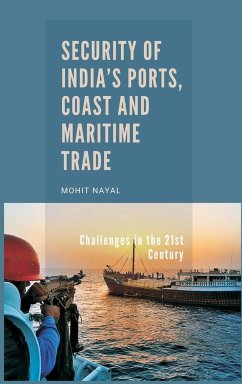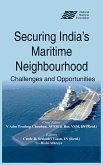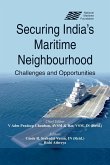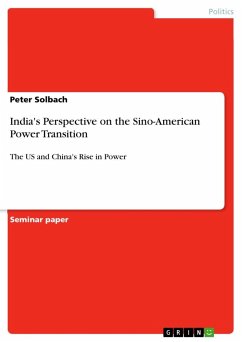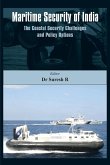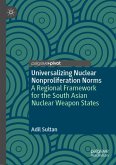India's rise as a global power in the 21st century will be backed with a strong blue economy. The high volumetric trade activities through its coastal region, mainly due to its geostrategic location and efficient links with the vast potential market in the hinterland and other landlocked states, provides it unmatched leverage. Among such promising enterprising, attracting global investments and trade, the non-conventional security threats within the Indian Ocean region and India's ports and coast cannot be ignored. Therefore, to address these challenges, the law at the seas formulated by various global organisations and other national and international regulatory mechanisms become essential for all those directly or indirectly involved in India's maritime security. Over the years, many state coastal security agencies have evolved with specific potential and restrictions, which creates a certain conditionality of the existing non-conventional security challenges and maritime conflicts with its neighbours. The successful use of security-related technology to outpace such non-conventional threats creates a demand for further bolstering such technologies for India's advantage. Besides, these prevailing threats to the ports and coastal region, the environmental security challenges also directly impact humans and cannot be undermined. The book covers all these facets in detail, identifying the specific fault lines and makes recommendations to address the non-conventional security challenges of India's ports, coast and maritime trade. The book will be of interest to policymakers, academicians, practitioners, scholars, and all those individuals and institutes interested in India's Ports, Coastal and Maritime Security.

